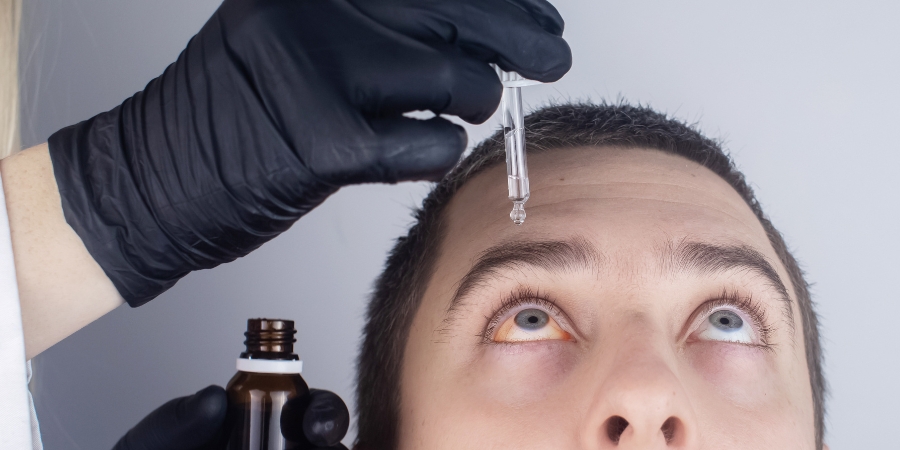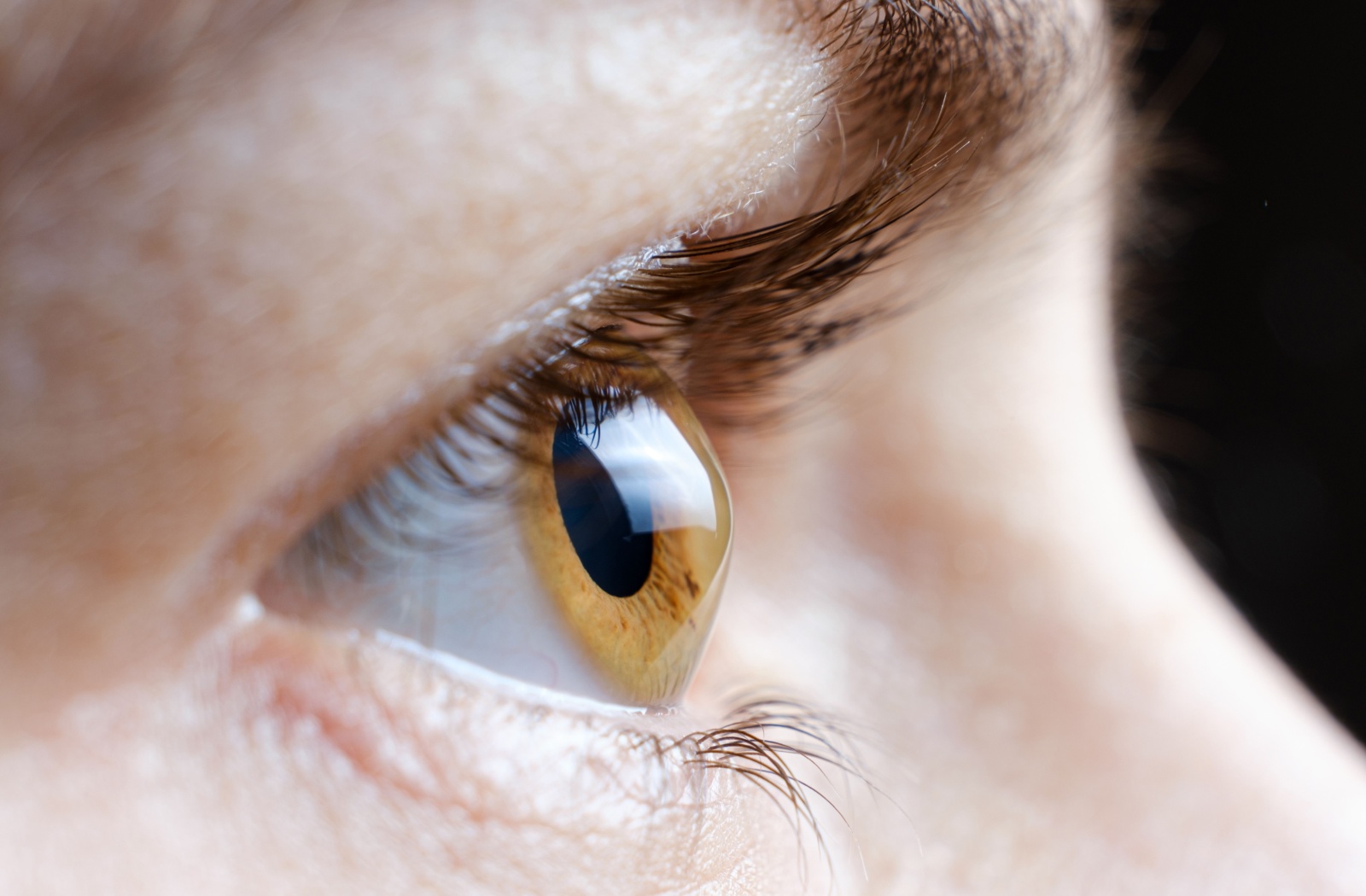All Categories
Featured

While a lot of people recognize the relevance of shielding their skin from the sunlight, the harmful impacts of ultraviolet (UV) rays on eye wellness typically go neglected. Whether you're saturating up the sun on a summer day or walking outdoors on a cloudy afternoon, protecting your eyes from UV rays is necessary.
What Are UV Rays? UV rays are a kind of electromagnetic radiation released by the sun. They are classified right into 3 kinds:
UVA Rays: These penetrate deep into the skin and eyes and can add to long-term damages. UVB Rays: These rays are a lot more intense than UVA and are mainly in charge of surface-level damage to the eyes and skin. UVC Rays: These are the most damaging however are primarily soaked up by the Planet's ozone layer and don't typically reach us. UVA and UVB rays are the main perpetrators behind eye-related damage.
Short-Term Impacts of UV Exposure on the Eyes. Also temporary exposure to extreme UV rays can damage your eyes. One usual problem brought on by this is photokeratitis, or "sunburn of the eye." Symptoms of photokeratitis consist of:
Agonizing, red eyes. Sensitivity to light. Tearing or excessive watering. Momentary vision loss or blurred vision. Photokeratitis is typically temporary, however it works as a caution of how damaging UV direct exposure can be, also in little dosages.
Long-Term Effects of UV Direct Exposure. Extended direct exposure to UV radiation can cause extra significant and permanent eye problems, such as:
Cataracts: UV rays can increase the formation of cataracts, a problem that creates clouding of the eye's all-natural lens, causing fuzzy vision and, if unattended, loss of sight.

Macular Deterioration: UV direct exposure can harm the retina, especially the macula, boosting the risk of age-related macular deterioration (AMD), which influences main vision.
Pterygium: A development of tissue on the white component of the eye that can extend over the cornea, triggering pain, soreness, and vision troubles.
Pinguecula: UV direct exposure can create yellowish deposits to base on the conjunctiva, bring about irritability and dryness.
Skin Cancer Cells Around the Eyes: The delicate skin bordering your eyes is very vulnerable to UV radiation, increasing the danger of skin cancers cells like basal cell carcinoma and squamous cell cancer.
How to Safeguard Your Eyes from UV Rays. Protecting your eyes from UV rays is simple and needs a couple of conscious behaviors:
Buy High Quality Sunglasses: Select sunglasses that obstruct 100% of UVA and UVB rays. Look for tags that define "UV 400" defense. Wrap-around styles are suitable as they block UV rays from the sides also.
Use a Wide-Brimmed Hat: A hat with a brim at least three inches vast can considerably lower UV direct exposure to your eyes and face.
Limit Exposure Throughout Optimal Hours: UV rays are best in between 10 a.m. and 4 p.m. If you should be outdoors during these hours, make sure you're effectively secured.
Don't Be Tricked by Clouds: UV rays can penetrate with clouds, so it is very important to put on sunglasses even on cloudy days.
Safeguard Your Eyes Year-Round: Snow, sand, and water can mirror UV rays, increasing their results. Eye protection isn't just for bright summer days-- guarantee you're covered in all periods.
Usage UV-Blocking Call Lenses: Many contact lenses now feature UV defense. If you wear contacts, ask your eye physician concerning lenses with built-in UV filters for added defense.
Encourage Eye Defense for Kid: Kid's eyes are much more sensitive to UV rays due to the fact that their lenses are more clear, allowing more radiation to reach the retina. Ensure they put on sunglasses and hats during outside activities.
Normal Eye Exams. Normal examinations with an eye treatment professional are important for early discovery of any UV-related damage. An optometrist or eye doctor can evaluate your eyes, advise protective procedures, and spot conditions like cataracts or macular deterioration early on.
Final thought. By putting on UV-blocking sunglasses, limiting sun direct exposure throughout peak hours, and staying consistent with eye exams, you can ensure your eyes remain healthy and your vision stays clear for years to come. Shielding your eyes from UV radiation isn't simply concerning comfort-- it's a crucial action in protecting your long-lasting eye wellness.
Latest Posts
Experience WyHy FCU – Top Benefits for Your Future
Experience Your Financial Partner at WyHy – Essential Perks for Your Financial Success
Uncover the Leading Auto Repair Coupons in Montclare, Chicago
More
Latest Posts
Experience WyHy FCU – Top Benefits for Your Future
Experience Your Financial Partner at WyHy – Essential Perks for Your Financial Success
Uncover the Leading Auto Repair Coupons in Montclare, Chicago